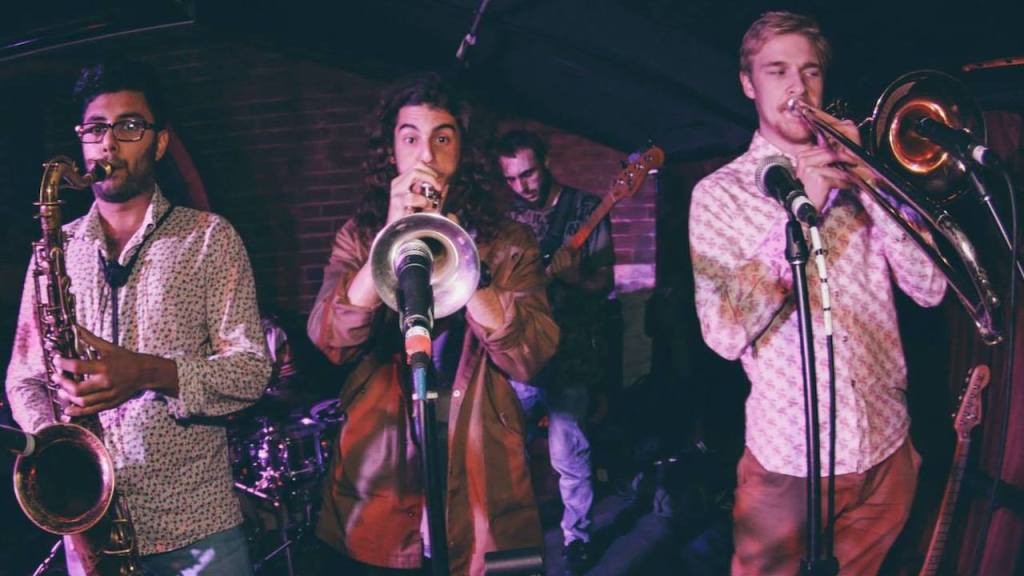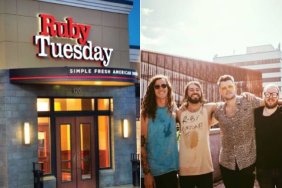A Fairfax journalist has written a scathing opinion piece, taking aim at Aussie musicians who expect to get paid for playing live.
“I do not believe asking a musician to play at an event unpaid by anyone is a tough ask,” writes Elanor Watt of The Advocate, a Tasmanian newspaper operated by Fairfax Regional Media.
Instead, Watt firmly believes that, in some instances, “exposure is payment enough”.
“The real question is, how strong is your passion and what are you willing to do to achieve your goals,” she writes.
“I assume most musicians love making and performing music, it is not one of those jobs that you simply decide to do as you don’t have any other choice, it is considerably passion related much like writing or sports.
“If someone was really passionate about getting their music out there, and enjoyed performing then they would take up any opportunity given to them, especially if it means expanding their audiences, drawing in a larger fan base, because we have all seen the movies, anything can happen.”
Watt’s piece was prompted by a situation involving a “relatively unknown” band from Sydney — reggae collective Black Bird Hum (pictured) — who publicly turned down an offer to perform at Fairfax‘s own popular Night Noodle Market event because the media giant expected them to play for free.
“Dear ASX200-listed-company Fairfax Media… We’re flattered to be on the radar of a company with an annual ‘Total Group Revenue of $1,867.2 million’ (FY2016),” the band wrote on Facebook. “We have, however, decided to decline the invitation to perform at the event on account of you deciding not to pay us.”
They continued:
“We’re guessing that the sound tech who ran the PA on the night was paid; as were the graphic designers and marketing companies that did the event website, promo and marketing material; and the companies that supplied the lighting, tables, chairs and umbrellas; and the cleaners. And so on.
We’re guessing no one else was offered the chance to work on the event in exchange for ‘exposure’.
We’re guessing you made a decision to pay everyone who worked on your event in ‘real money’ except the musicians.
In October alone, we will have performed 15 gigs across three states as Black Bird Hum. We will have been paid for all of these gigs, often by companies with annual total group revenues probably less than 0.1% of your company’s. These organisations know the value that music brings to their event or venue and pay accordingly.
So to you, and any other corporation perpetuating the line that it’s OK to have musicians work for free – don’t call us – we don’t want to work with you.”
But Watt reckons that asking musos to play for free exposure is no different to the situation faced by wannabes in other industries, who often train for free until they become fully qualified.
“The band seems ungrateful to a potentially amazing opportunity that has been given to them,” she says, referring to Black Bird Hum’s Night Noodle Market diss. “Dismissing events like this makes me wonder where this band will be in several years time, if they consistently have in their heads they are too good to be even approached for an unpaid gig, what has made them so entitled.
“Hundreds of people would be honoured to play at such an event that draws in thousands of people, but hey, obviously royalties are more important to some people.”
It seems even Fairfax‘s own readers strongly disagree with Watt’s comments. More than 90 per cent of them have voted against the idea that musicians shouldn’t complain about being asked to play for free in The Advocate‘s own online poll, which at the time of writing looks like this:












